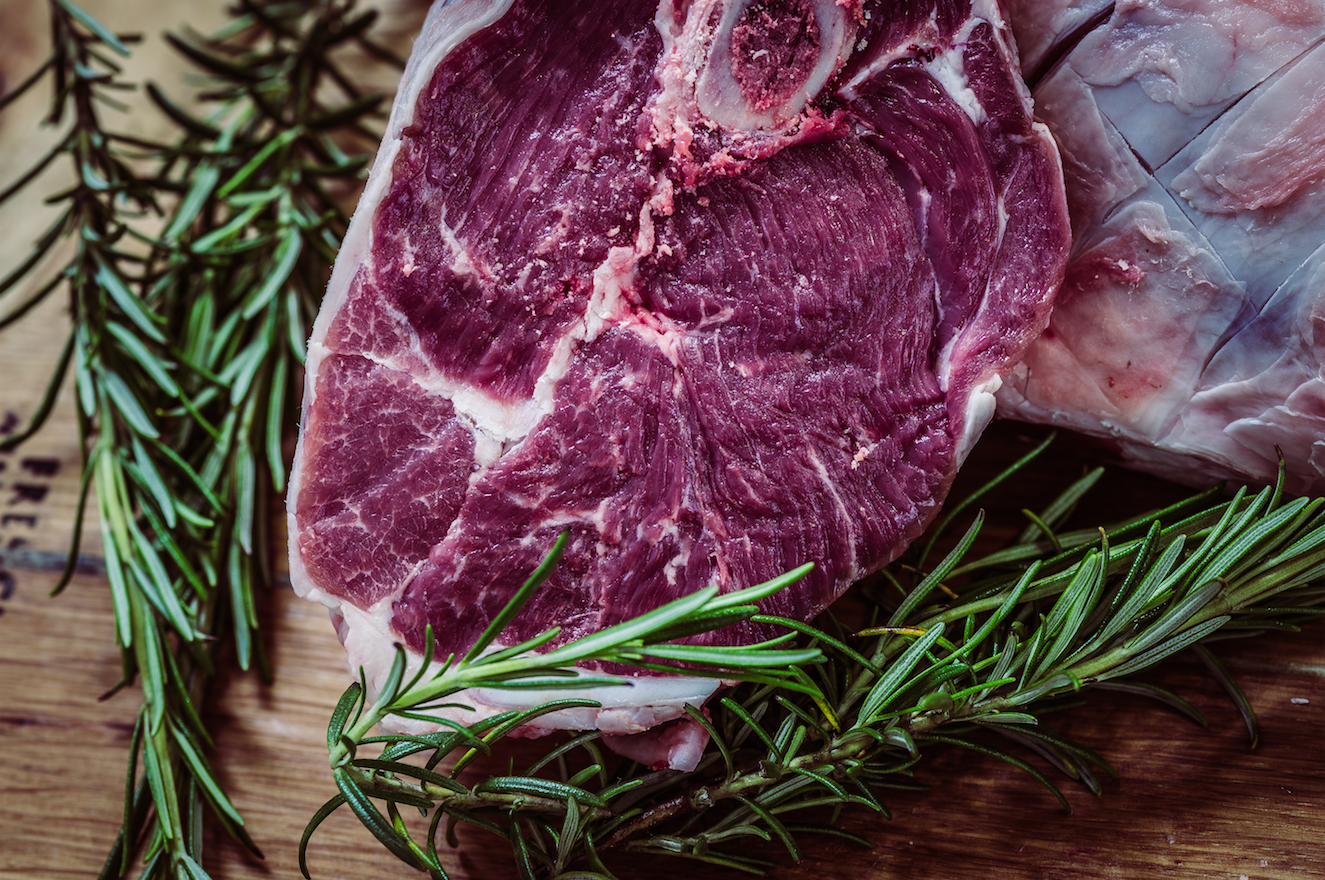In today’s society, people are always trying to find the diet that works best for them and their healthy lifestyle. With more and more fad diets popping up every day, it is getting harder and harder to differentiate between what diets work and the ones that are actually doing more harm than good. Two diets that have been known to work are the paleo and primal diets. According to Leanne Ely, the creator of SavingDinner.com, the concept behind these lifestyles is based on evolutionary science, which indicates that if we ate how our ancestors ate, we would be healthier. As a result, some people think both diets are the same, but they actually have a few key differences.
Common Ground
Both diets do share a lot of similarities, which is why people tend to believe they are one and the same. Some of these similarities include eating vegetables and protein; eliminating gluten, corn and processed foods; avoiding high-fructose corn syrup and sugar; occasionally having wine and beer; and exercising regularly.
Pros and Cons: Paleo Diet
What makes the paleo diet different from primal is that it has no dairy, no saturated fats, no soy products, no legumes and limited fatty meats, eggs and ghee.
Pros
- It is a clean diet because it doesn’t have additives, preservatives or chemicals.
- It has anti-inflammatory benefits from consuming plant nutrients in fruits, vegetables, oils, nuts and seeds.
- Eating more red meat increases your iron intake.
- The higher intake of protein and fats gives a feeling of fullness.
- Limited food choices leads to increased weight loss.
Cons
- This diet can be expensive.
- The low intake of grains and dairy can result in lower energy.
Pros and Cons: Primal Diet
For this diet, occasional raw and fermented dairy, saturated fats, eggs, fermented soy products, organic edamame and occasional legumes are allowed.
Pros
- Limited food choices leads to increased weight loss.
- Filled with natural, high-quality foods, which improve your health and nutrient intake.
Cons
- It can be expensive to keep up this lifestyle.
- The promotion of saturated fats consumption can lead to higher cholesterol levels.
Related articles
Getting the Lowdown on Inflammation
The Secret Weapon for Health and Beauty: Baobab Fruit
How Can You Use Food as Skincare?

